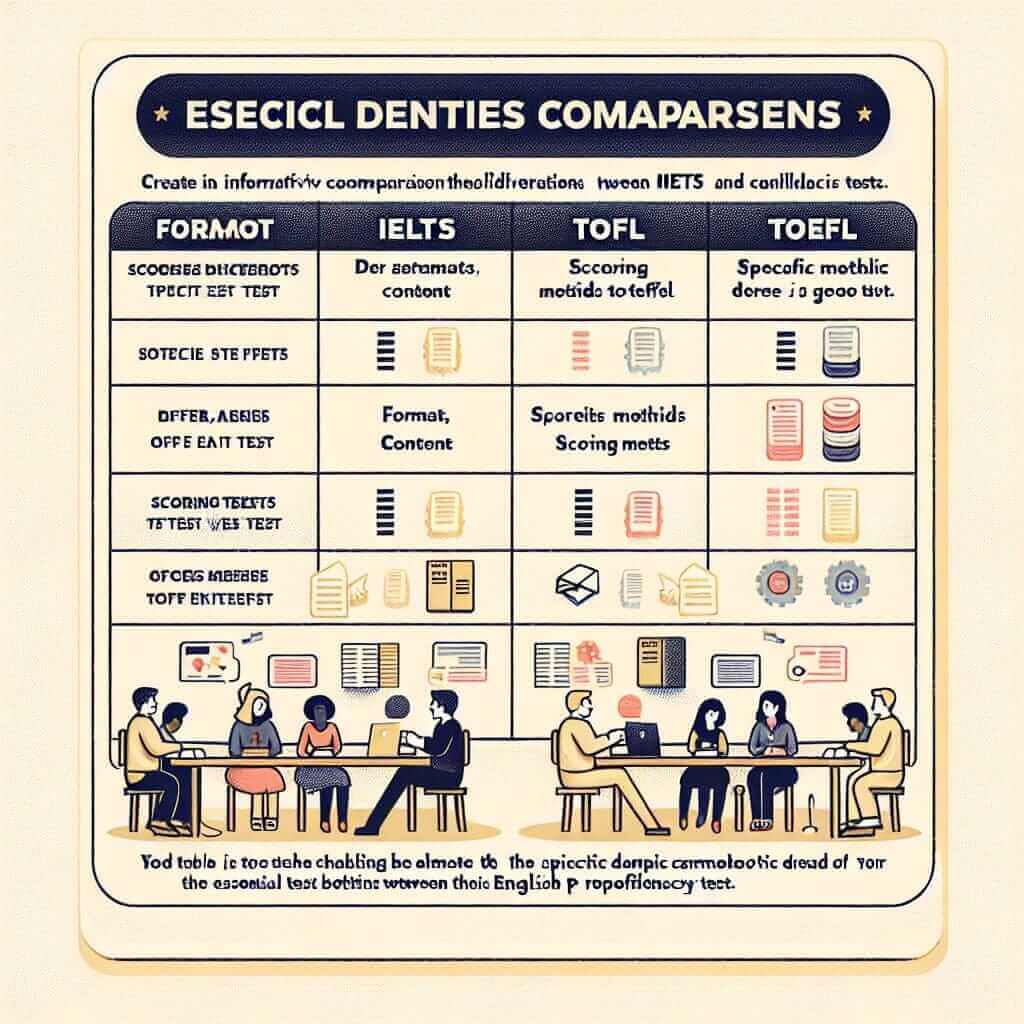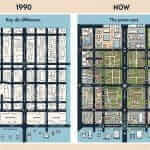Choosing the right English proficiency test for your academic or immigration goals can be a daunting task. Two of the most popular and widely recognized tests are the International English Language Testing System (IELTS) and the Test of English as a Foreign Language (TOEFL). Many English language learners find themselves wondering, “Which is more difficult: IELTS or TOEFL?”
This is a complex question without a simple answer. The perceived difficulty between the two tests depends heavily on your individual strengths, weaknesses, and learning style. This article will delve into the nuances of both exams, examining their format, content, and scoring systems to help you determine which test aligns better with your skillset.
Understanding the Differences: IELTS vs. TOEFL
While both tests assess your English language proficiency, they differ significantly in format, content, and scoring. Understanding these differences is crucial in determining which test might be more challenging for you.
Format and Content
-
IELTS: The IELTS comes in two versions: Academic and General Training. Both versions test your listening, reading, writing, and speaking skills. The Academic version is intended for university admissions and professional registration, while the General Training version is for immigration and work experience purposes. One key characteristic of the IELTS is its use of a face-to-face speaking test with a certified examiner.
-
TOEFL: The TOEFL iBT (internet-based test) is the most common version of the exam. Like the IELTS, it assesses your abilities in listening, reading, writing, and speaking. However, the TOEFL focuses solely on North American English and uses an entirely digital format, including a speaking section where you record your responses to prompts.
Scoring System
-
IELTS: The IELTS uses a band score system ranging from 0-9 for each section (listening, reading, writing, and speaking) and an overall band score. The overall score represents the average of the four individual section scores.
-
TOEFL: The TOEFL iBT uses a scaled scoring system with a total score out of 120, with each section (listening, reading, writing, and speaking) carrying 30 points.
 IELTS vs TOEFL Comparison Chart
IELTS vs TOEFL Comparison Chart
Which Test Is Right for You?
Deciding which test to take depends on your individual strengths and weaknesses.
Consider the IELTS if:
- You are comfortable with British English accents and variations in spelling and vocabulary.
- You prefer a face-to-face speaking test.
- You excel in tasks that require note-taking and summarizing information from lectures or conversations.
Consider the TOEFL if:
- You are more familiar with North American English and accents.
- You prefer a digital test format and are comfortable typing your responses.
- You perform well in tasks that involve integrating information from multiple sources (e.g., reading a passage and then listening to a lecture on the same topic).
Tips for Success in Either Exam
Regardless of which test you choose, here are some valuable tips to enhance your performance:
- Practice Regularly: Familiarize yourself with the test format, content, and timing through consistent practice tests.
- Enhance your Vocabulary: A strong vocabulary is essential for both exams. Make a conscious effort to learn new words and phrases regularly.
- Focus on Time Management: Both tests are timed, so it’s crucial to practice pacing yourself and managing your time effectively.
- Seek Feedback: Consider taking practice tests with a qualified IELTS or TOEFL instructor to receive personalized feedback and identify areas for improvement.
Conclusion
There is no definitive answer to the question of whether the IELTS or TOEFL is more difficult. Both tests present their unique challenges and cater to different learning styles and strengths. The key is to carefully consider the format, content, and scoring of each exam and choose the one that best aligns with your skills and target score requirements. Remember that consistent practice, a strong vocabulary, and effective time management are crucial for success in either exam.


